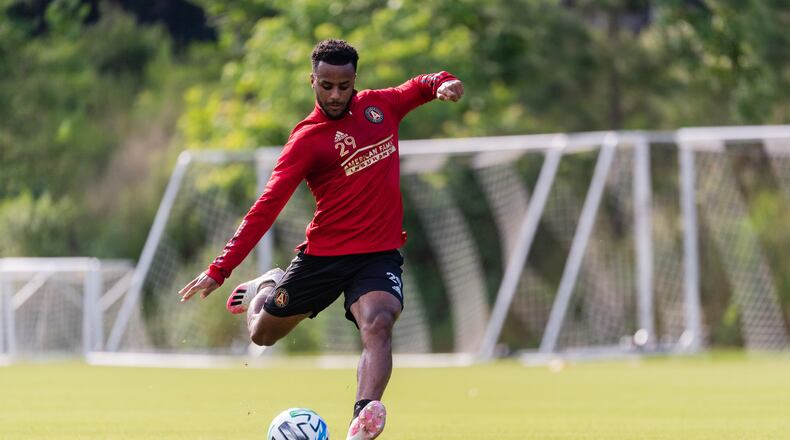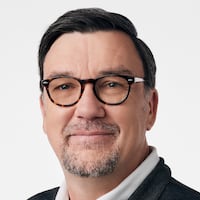Atlanta United’s Mo Adams and Miles Robinson have experienced racism even in their own sport.
While playing for a team in England, Adams was once called a monkey during a game in Spain. He was spat at. Robinson says he hasn’t experienced such ignorance in MLS but cautions he may just be numb because of callouses built when he was younger and it happened more frequently.
To try to rectify those issues, the two players are now members of the Black Players Coalition of MLS. Its founding was announced on June 19, Juneteenth. Its guiding principle, according to its first statement on social media, is to address racial inequalities in MLS, fight racism in soccer, elevate Black voices and positively impact Black communities across the USA and Canada.
They say if not now, as protests continue around the world in the wake of the deaths of George Floyd, Ahmaud Arbery and Rayshard Brooks, then when?
“There’s so much momentum in terms of civil rights, it made it a perfect opportunity to start something like this,” Robinson said in an interview, with Adams, this week with The Atlanta Journal-Constitution.
The group’s founding was player driven, which Adams said is important because Black players needed a platform to voice their opinion and speak their minds.
The coalition is led by Toronto’s Justin Morrow and its board includes NYCFC’s Sean Johnson, a native of Lilburn.
Players can be as active within the coalition as they choose, according to Adams and Robinson.
“Unity and strength of players that has been created the past few weeks was essential to drive this forward,” Adams said.
Potentially impactful ideas have been pinging through cyberspace via Zoom and email. Among the issues the group hopes to address is the lack of diversity in coaches and within front offices throughout the league. There are two black head coaches, Colorado’s Robin Fraser and Montreal’s Thierry Henry, among the 26 teams. There are two black general managers: Toronto’s Ali Curtis and Red Bulls’ Denis Hamlett. Atlanta United’s first-team coaching staff includes Orlando Trustfull.
Robinson said the lack of diversity reflects other professional sports leagues and corporations in the U.S.
“We don’t want to be discriminated or feel as though people don’t look at you and what you bring because of your skin color, or race or background,” Adams said. “For us, of course it’s worrying to see but it’s something that has to take a turn or shift to make every opportunity out there equal no matter your race or background.”
Adams said he hopes that the upcoming tournament in Orlando, where all teams will be housed in a resort and forced to be together, albeit with social distancing rules in place, will help form more unity and give players opportunities to discuss not only what is going on within MLS, but within society.
The players will still be watching what is going on outside of the Orlando bubble.
Adams grew up in Nottingham, England in council estates, which is a version of public housing. His neighbors were white, Chinese and Indian.
“The way I grew up I don’t see a skin color or refer to them as a certain groups,” he said. “They are just human beings, regular people, right?”
But when he moved to the U.S. to attend college that changed. Here, he said he was conditioned that when you see race, you can see threats.
“It’s labeling someone,” he said. “I’ve not come across that or felt like that in England. But now going to the limited opportunities for black people, it comes with that, right?”
Credit: HYOSUB SHIN / AJC
Credit: HYOSUB SHIN / AJC
Robinson said his life hasn’t changed much the past few months. Instead, the protests and other actions of civil disobedience have reinforced what he, Adams and others have experienced all of their lives.
Robinson grew up in Massachusetts in what he described as a fairly white neighborhood. He was tabbed as the Black kid.
“That can be difficult sometimes,” he said.
Then he became the athletic Black kid.
“Being stereotyped like that happens everywhere you go,” he said. “That’s what Americans have to understand. You can’t turn your shoulder to it. You have to face it head on or else you are part of the issue, I believe.”
About the Author
Keep Reading
The Latest
Featured




